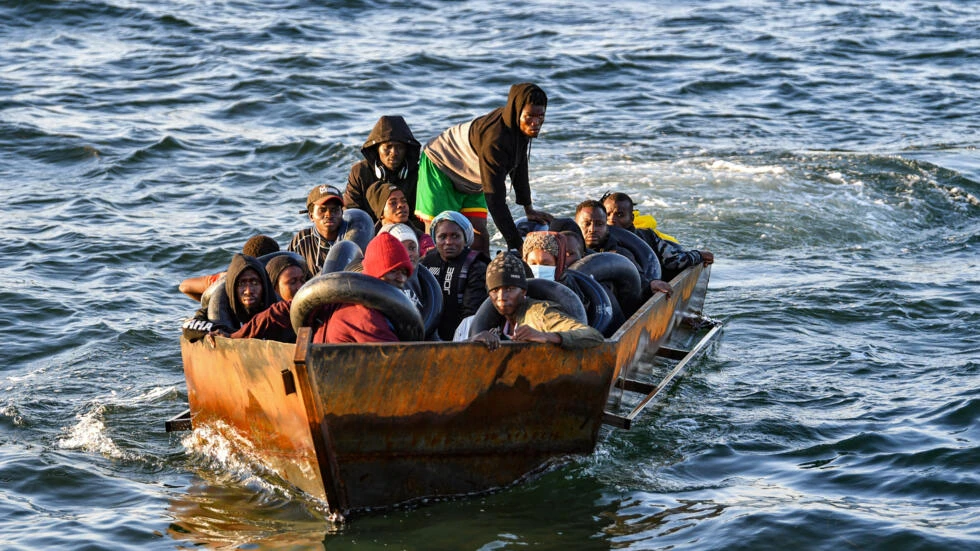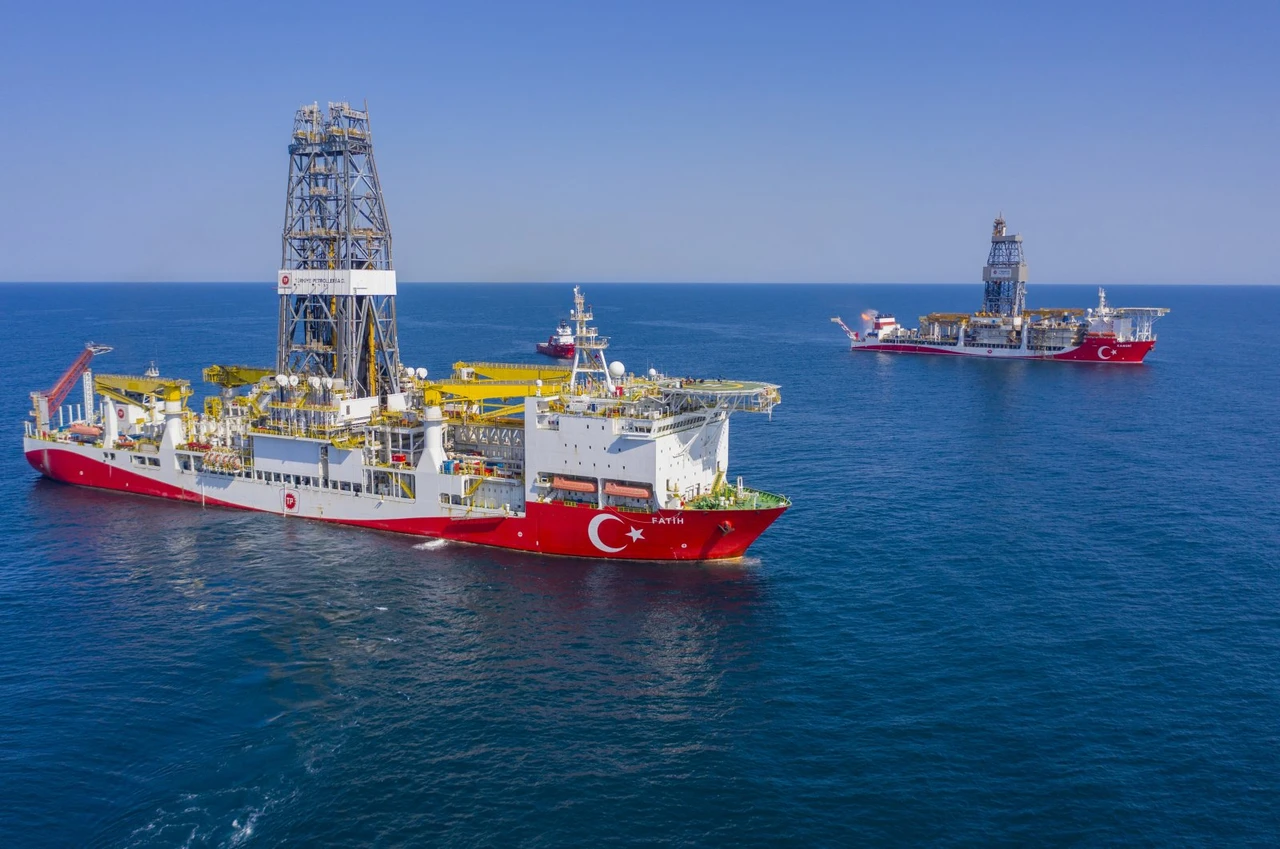Over 1,400 human trafficking victims identified in Türkiye in 5 years: GRETA
 More than 2,500 migrants dead or missing in Mediterranean this year, UN says, September 29, 2023. (AFP Photo)
More than 2,500 migrants dead or missing in Mediterranean this year, UN says, September 29, 2023. (AFP Photo)
The Group of Experts on Action against Trafficking in Human Beings (GRETA) released a report on Oct. 22, 2024, assessing Türkiye’s compliance with the Council of Europe Convention on Action against Trafficking in Human Beings.
Adopted on July 2, 2024, the report reveals concerning trends and calls for strengthened efforts to combat human trafficking in the country.
From 2019 to 2023, Türkiye identified a total of 1,466 victims of trafficking, with 223 victims recognized in 2023 alone. Of these, 82% were female, and 29% were children. The report highlighted the predominant forms of exploitation as sexual exploitation (52%), labor exploitation (30%), forced marriage (9%) and forced begging (6%).
The majority of victims came from Syria (512), Uzbekistan (236) and Afghanistan (108), reflecting the impact of regional conflicts and socio-economic instability. The report also noted that Türkiye is increasingly becoming a country of origin for trafficking victims, alongside its role as a destination and transit country.
Recruitment methods used in human trafficking
Recruitment methods for trafficking victims often involve online platforms, particularly post-COVID-19, with trafficking taking place in hard-to-detect locations such as entertainment venues and private apartments.
“Türkiye hosts over 3 million registered Syrian refugees, contributing to conditions that can facilitate human trafficking,” the report states. The influx of refugees, combined with significant labor migration, has led to heightened risks for exploitation in informal labor sectors, including agriculture, construction, and domestic work.
Despite some progress in institutional frameworks, GRETA noted that there have been no significant changes to Türkiye’s anti-trafficking legislation since its first evaluation in 2019.
Amendments have been made to the Criminal Procedure Code regarding pre-trial detention for trafficking offenses. Still, GRETA emphasized the necessity for a more robust legal framework that aligns with international standards.
The report pointed to institutional developments, including transforming the Turkish Directorate General on Migration Management into the Presidency of Migration Management (PMM) in October 2021, which now oversees anti-trafficking initiatives. The PMM has established working groups focused on anti-trafficking training and victim protection.
GRETA conducted an evaluation visit to Türkiye from Sept. 18 to 22, 2023, meeting with various governmental and nongovernmental organizations to gather information for the report. The first evaluation of Türkiye’s compliance with the Convention took place between 2018 and 2019, leading to recommendations for improved victim support and legal enforcement measures.
Recommendations by GRETA
Among its recommendations, GRETA urged Turkish authorities to enhance victim identification processes and improve accommodations for survivors of trafficking. The report also called for comprehensive training for law enforcement and judicial officials to strengthen investigations and prosecutions related to trafficking cases.
Furthermore, GRETA emphasized the need for public awareness campaigns to educate communities about the risks associated with human trafficking.



